Indigenous voice to parliament No campaigners can’t afford to sit back even though support is faltering

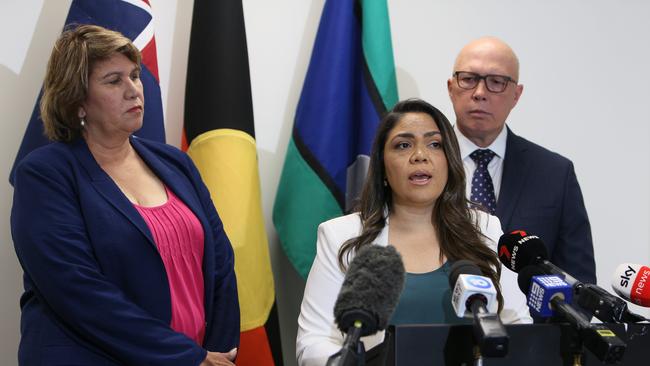
For one thing, with the referendum legislation still making its way through the parliament, the battle for people’s actual votes has hardly been joined. And for another, there will soon be an avalanche of money behind the Yes campaign, money that its opponents can’t hope to match.
This is because few No donors are prepared to be outed via mandatory disclosure of amounts over $15,000 and because the No campaign still has not gained tax deductibility for donations, even though Yes has had it since last October and the Prime Minister announced it for both sides months ago.
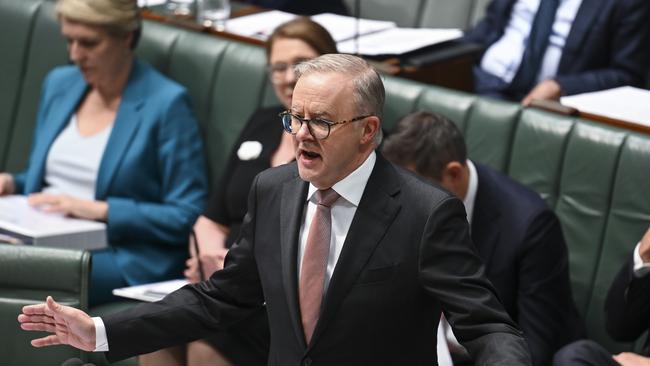
With tens of millions of dollars reportedly already in the bank – if money can buy votes – the Yes campaign surely will be triumphant.
Last week mining giant Rio Tinto gave $2m to the Yes campaign, joining the Pratt Foundation ($1m) and Ramsay Foundation ($5m) as mega donors. No doubt there are many other woke public companies and charitable foundations that have given comparable sums but would prefer not to make an announcement before disclosure requirements force them to.
Still, polling this week that had No ahead for the first time, both nationally 51 to 49 per cent, and in three states, Queensland, Western Australia and South Australia – when respondents weren’t able to sit on the fence – showed there’s no inevitability about the entrenchment of race in the Constitution.
Maybe, as some No campaigners said at the start, support for the voice really was “a mile wide and an inch deep”. And the fate of Clive Palmer’s millions (official records show he spent $83m in the 2019 election to win no seats in parliament and $123m last year to win just one) suggests national votes do ultimately turn on the quality of the argument rather than the weight of the spending.
There’s no doubt that, for the first time this week, serious tremors of doubt have started to run through the Yes camp.
Noel Pearson, who had earlier blasted his referendum group colleague Mick Gooda as a “bedwetter” for suggesting the voice should be watered down to maximise its chances of success, this week had a rare moment of self-awareness, admitting that his own outbursts, against everyone who didn’t agree with him might not have helped.
With another voice advocate, Mark Leibler, he said Yes advocates needed to stress recognition more and the voice less, even though it’s the voice (which is so much more than just recognition) that makes this referendum so contentious. Likewise, the near-hysterical comments of Indigenous Australians Minister Linda Burney in Canberra that “the No campaign is importing American-style Trump politics to Australia” – all but calling those yet to be convinced about the voice “deplorables” – shows how anxious Labor is at the prospect of defeat. Abusing voters who remain unconvinced, rather than addressing their concerns and bringing them on board, just spotlights the arrogance of expecting people to vote on the vibe.
But never underestimate Labor when it’s backed into a corner and behind. Emerging this week has been the suggestion, from prominent pro-Labor pollster Kos Samaras, that the voice referendum might be postponed and held concurrently with the next election.
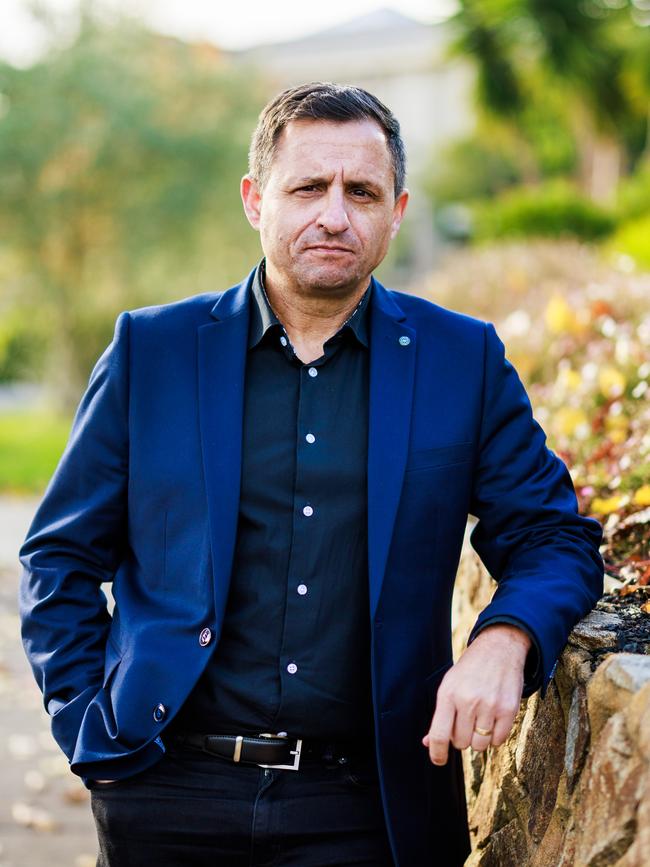
On Melbourne radio, Samaras agreed with the proposition that the voice was in trouble and went on to say that postponing the vote to the next election “would give someone like Anthony Albanese a strategic advantage because Dutton would be very careful in that space because the Yes vote is extremely high in some of the teal seats”. This remark underscores how important this referendum is for both sides of politics.
Having made the voice the heart and soul of his prime ministership, even to the point of talking obsessively about it, rather than the bread-and-butter issues that concern voters more, a defeat would shake Albanese to the core.
On the other hand, he could hardly drop it without raising big questions over the point of his prime ministership. Think Kevin Rudd, who declared that climate change was the “great moral challenge of our generation”, only to drop his means of dealing with it, an emissions trading scheme, and to lose his job shortly thereafter.
Yet why go forward with a referendum that’s headed for defeat, especially one that Albanese has declared to be a defining moment for our nation? And while postponing the referendum to the next election might seem like clever short-term politics, with the superficial appeal of discombobulating the opposition, it also could expose the whole exercise as a cynical political ploy rather than a great moral crusade.
This is what happens when politicians – even those as experienced as the Prime Minister, basking as he then was in his initial honeymoon – treat Constitution-tampering as a winner-take-all exercise rather than the cautious incrementalism that it should normally be.
But there are issues here for Peter Dutton, too.
Sure, he shouldn’t be deterred from his firm opposition to a voice that’s wrong in principle and would be bad in practice by emotive claims that, in defeating it, the opposition would have somehow “broken the nation’s heart”.
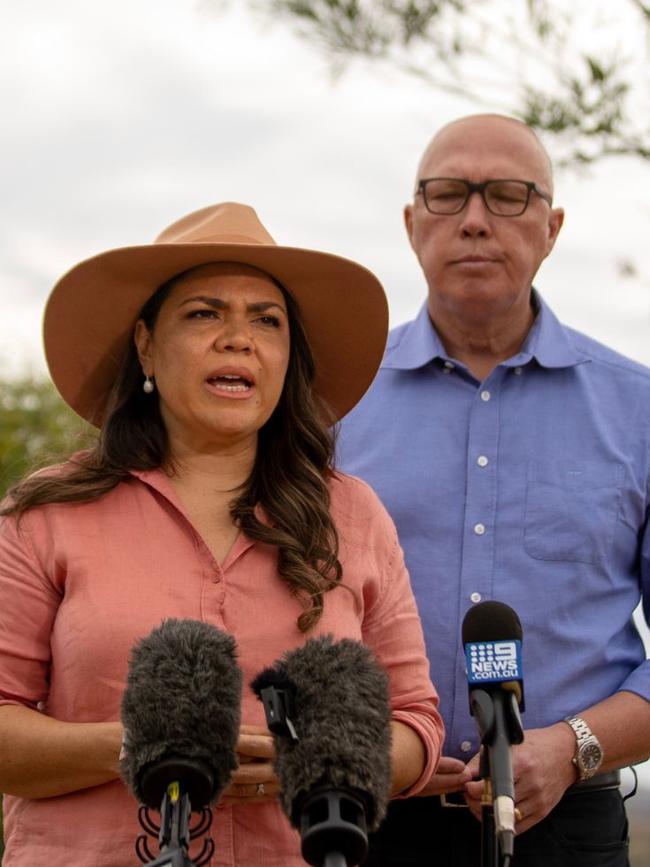
But a Coalition that, let’s not forget, has been in favour of Indigenous constitutional recognition since John Howard’s time can hardly remain supportive of something in theory but always against it in practice.
And this notion of a series of local voices but not a national one that the Liberals currently seem to support has all the same difficulties as Labor’s Canberra voice: namely, how would it be picked, what would it actually do, what difference would it really make and why should one group get a special say but not others? Minus only the “forever” problem of being entrenched in the Constitution.
Which is why, even as a figleaf for partyroom moderates, a regional voice model never made much sense and it’s where the clarity of message from Nationals has shown up the more senior Coalition partner.
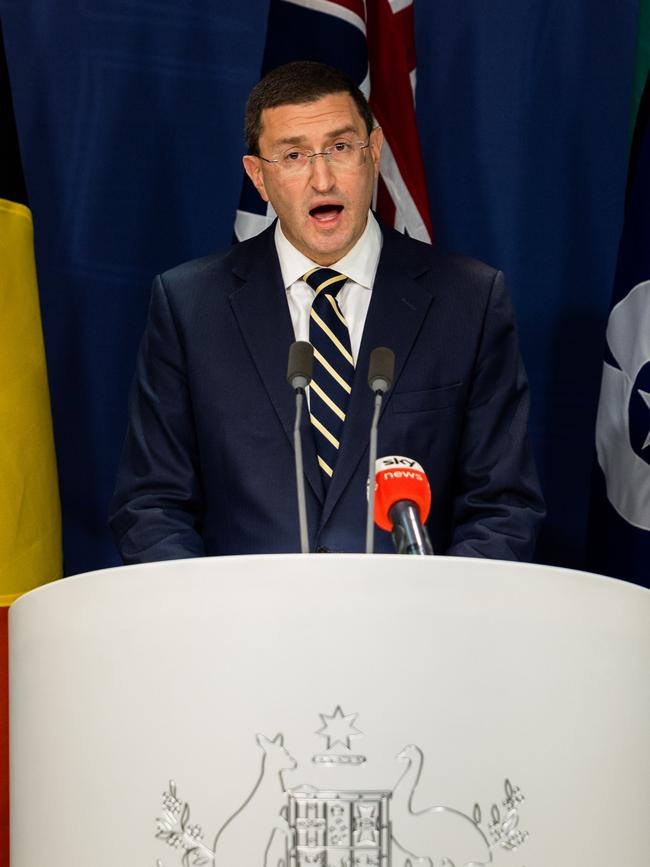
Perhaps the strangest position of all those adopted so far in response to Labor’s proposed voice is that of former Liberal frontbencher Julian Leeser, a fine man to be sure but a prisoner of his own history in trying to negotiate something with Pearson. Despite pointing out everything that’s wrong with the current proposal, his conclusion is to support it on the grounds that even a bad voice is better than no voice at all.
As it stands, this voice is not part-way towards something good. It’s completely at odds with any notion of our country as one, equal people and therefore must be defeated.

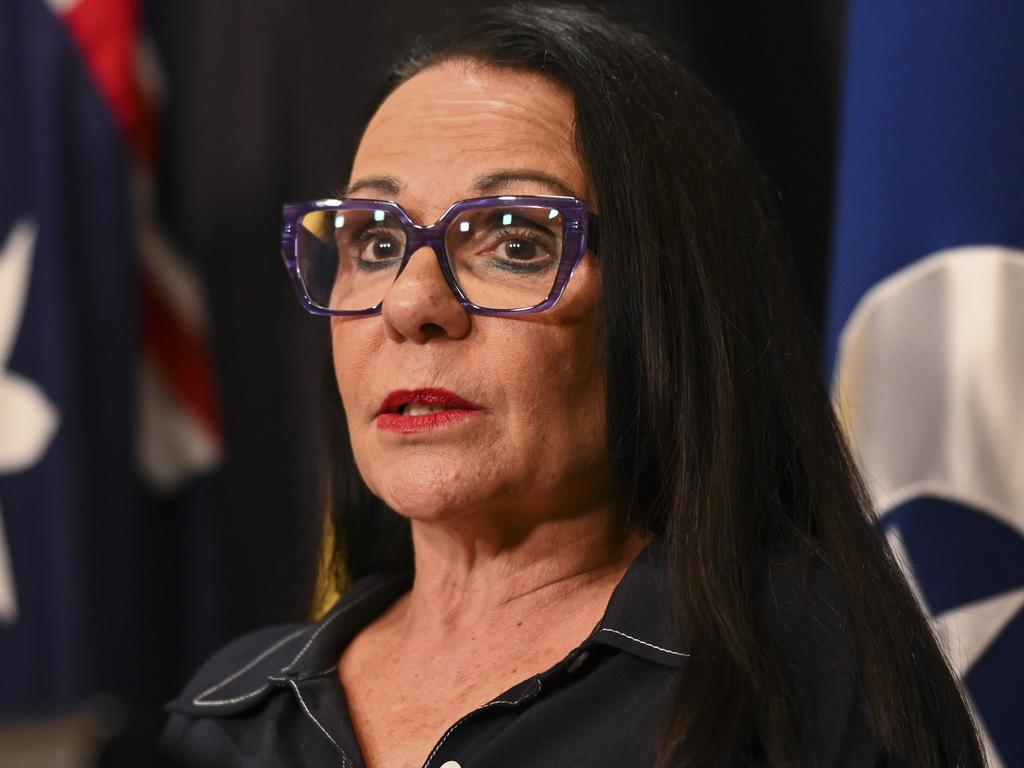

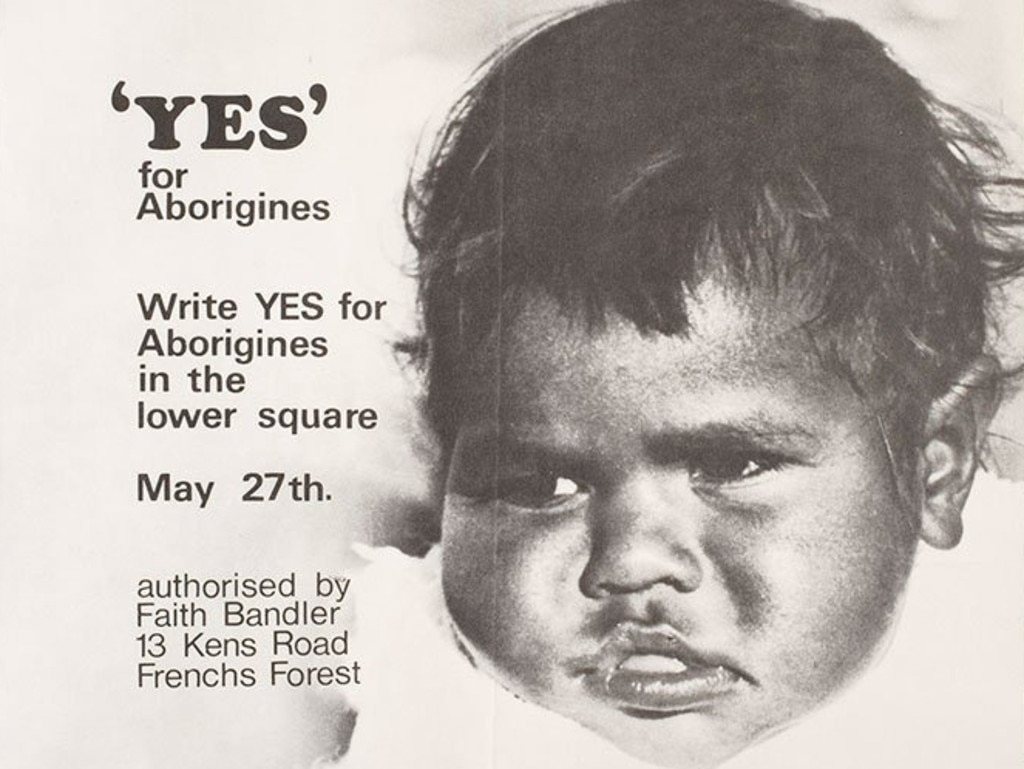
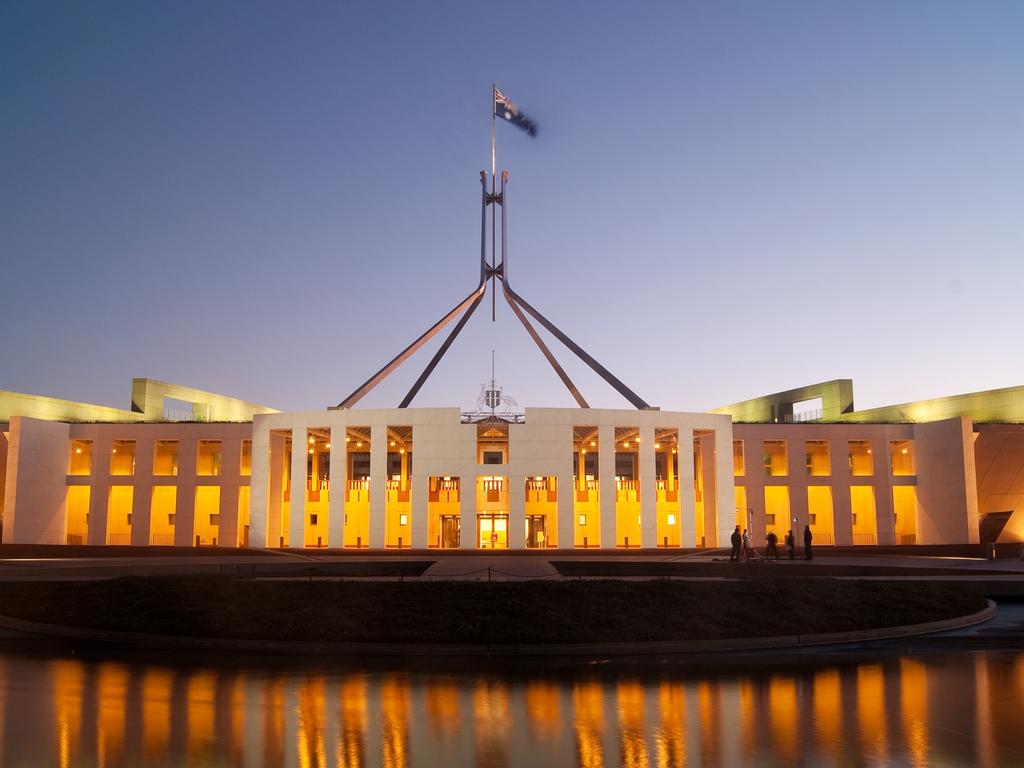


No one in the Indigenous voice to parliament No campaign should be too excited about being ahead in the polls for the first time.